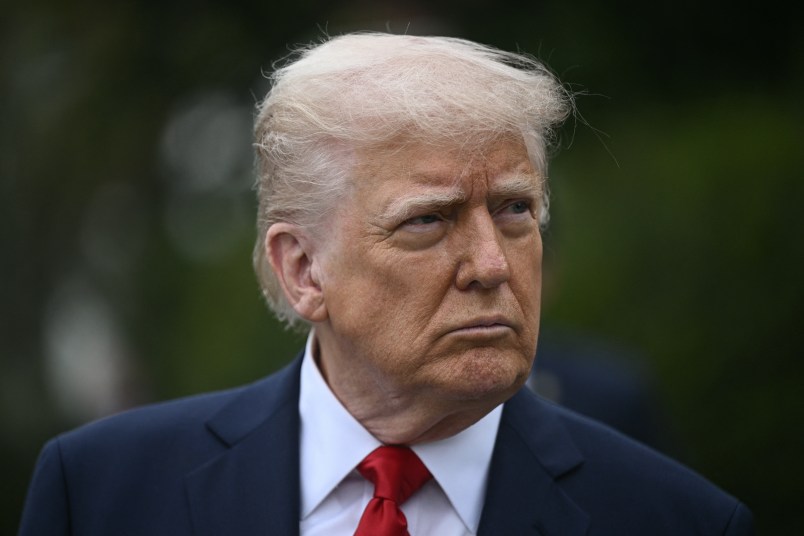Key takeaways:
- A federal judge temporarily blocked parts of an executive order from former President Trump that required documentary proof of U.S. citizenship for voter registration, following challenges from voting rights groups.
- Judge Colleen Kollar-Kotelly’s ruling prevents the Election Assistance Commission and several federal departments from enforcing these requirements, emphasizing the importance of established voting procedures.
- The decision highlights the judiciary’s role in scrutinizing executive actions affecting voting regulations, marking a significant development in the debate over voting rights and election security in the U.S.
A federal judge has issued a temporary block on parts of an executive order from former President Donald Trump that sought to alter federal voting procedures. The order, which was set to be implemented by the Election Assistance Commission (EAC), required individuals to provide documentary proof of U.S. citizenship when filling out voter registration forms. Additionally, it mandated that state or local officials record details of this proof on the registration forms. The ruling came in response to challenges from various voting rights groups.
U.S. District Judge Colleen Kollar-Kotelly, presiding in Washington, D.C., delivered the ruling, which prevents the EAC from enforcing these specific sections of the executive order. The judge’s decision also extends to blocking several federal departments, including the Department of Defense, Department of Veterans Affairs, Department of the Interior, and the Small Business Administration, from requiring proof of citizenship before providing federal voter registration services.
In her detailed ruling, Judge Kollar-Kotelly rejected the administration’s argument that the executive branch has the authority to modify voting requirements. The judge emphasized the importance of maintaining established voting procedures and highlighted concerns raised by voting rights organizations about potential barriers to voter registration.
The temporary block represents a significant legal development in the ongoing debate over voting rights and election security in the United States. It underscores the judiciary’s role in reviewing executive actions that may impact the electoral process, ensuring that changes to voting regulations undergo thorough scrutiny. The case continues to unfold as stakeholders on both sides await further legal proceedings.



Be First to Comment